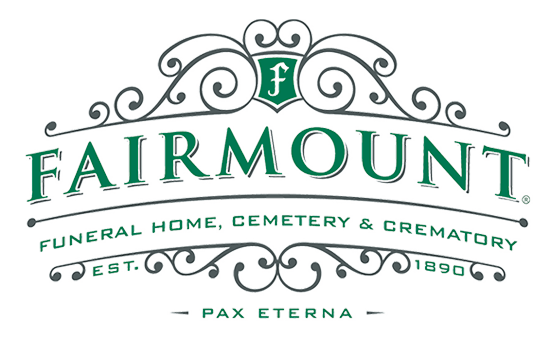
Throughout history, the arts have always enjoyed the special patronage of people who sought to elevate the human condition through poetry, music, and the theater. The arts serve as temples to the highest sentiment’s mankind can express. But arts require sponsorship: champions passionate enough to make service to the arts their life’s work. One Such angel was Mary Elitch Long
Born Mary Hauck in Philadelphia, 1856, she spent most of her early years in California where her father relocated his thriving livestock and agriculture businesses. At the age of 16, she eloped with a young man named John Elitch, Jr., whom she met through her church. While it’s not clear what caused the couple to bolt from their families, records verify that they opened a restaurant in Durango in 1880. Two years later, they moved to a spot five miles north Denver, where they opened a new restaurant called Elitch’s.
The couple purchased an apple orchard with the intention of growing fresh fruits and vegetables to stock their eatery’s larder. But a new vision soon arose. Mary envisioned the orchard as a place where children and families could visit with exotic animals, walk among peaceful landscapes, and enjoy theatrical entertainments such as marching bands, vaudeville, and light opera. Thus, was born Elitch’s Zoological Gardens, Denver’s first zoo.
The Gardens’ first season was so successful that John invested $35,000 to create a theater troupe which set off touring the Pacific Coast. Sadly, John contracted pneumonia while on the road. He died of his ailment in San Francisco on March 10, 1891.
At the age of 34, Mary returned to Denver, bereft. Low on funds, she was forced to sell a majority stake of the Garden’s stock to a group of Denver investors. The capitalists kept her on to administrate the company, which she apparently did with aplomb; by 1894, she had regained complete control of her creation.
In 1897, Mary created the country’s first summer stock company. Legendary actors who eventually graced the Elitch stage included Edward G. Robinson, Douglas Fairbanks (both Senior and Junior), Vincent Price, Gloria Swanson, Ginger Rogers, and Lana Turner. The Gardens even premiered Thomas Edison’s Warograph (animated pictures) to the American West, thus preparing the public mind for the coming age of motion pictures.
In 1906, despite the passing of her second husband, Thomas Long, Mary brought the great actress Sarah Bernhardt to Denver to play “Camille” and “LaSorcier.” Mary’s commitment to the arts for one and all was truly uncompromising.
In fact, to say that the Gardens contributed much to the social life of 19th and early 20th century Denver would do Mary’s memory an injustice. The music of brass bands and outdoor symphonies became sounds both commonplace to and synonymous with our lovely Denver summertime. Large crowds would flock to the Gardens to listen to music, fraternize, laugh, and be moved. Eventually, swing sets, merry-go-rounds, and even a train were added to the Gardens’ grounds to make the atmosphere more family friendly.
For these reasons and so many more, we at Fairmount Cemetery take great pride in stewarding the final resting place of Mary Elitch Long. Because of her efforts, thousands of working Denver residents could mingle with visitors from around the world to enjoy high quality, low cost, family-oriented entertainments.
In a male-dominated age where women enjoyed little political or economic power, Mary Elitch Long distinguished herself as an entrepreneur of great savvy, a maven of uncompromising vision, and a true friend of the people.

Leave a Reply 0 comments